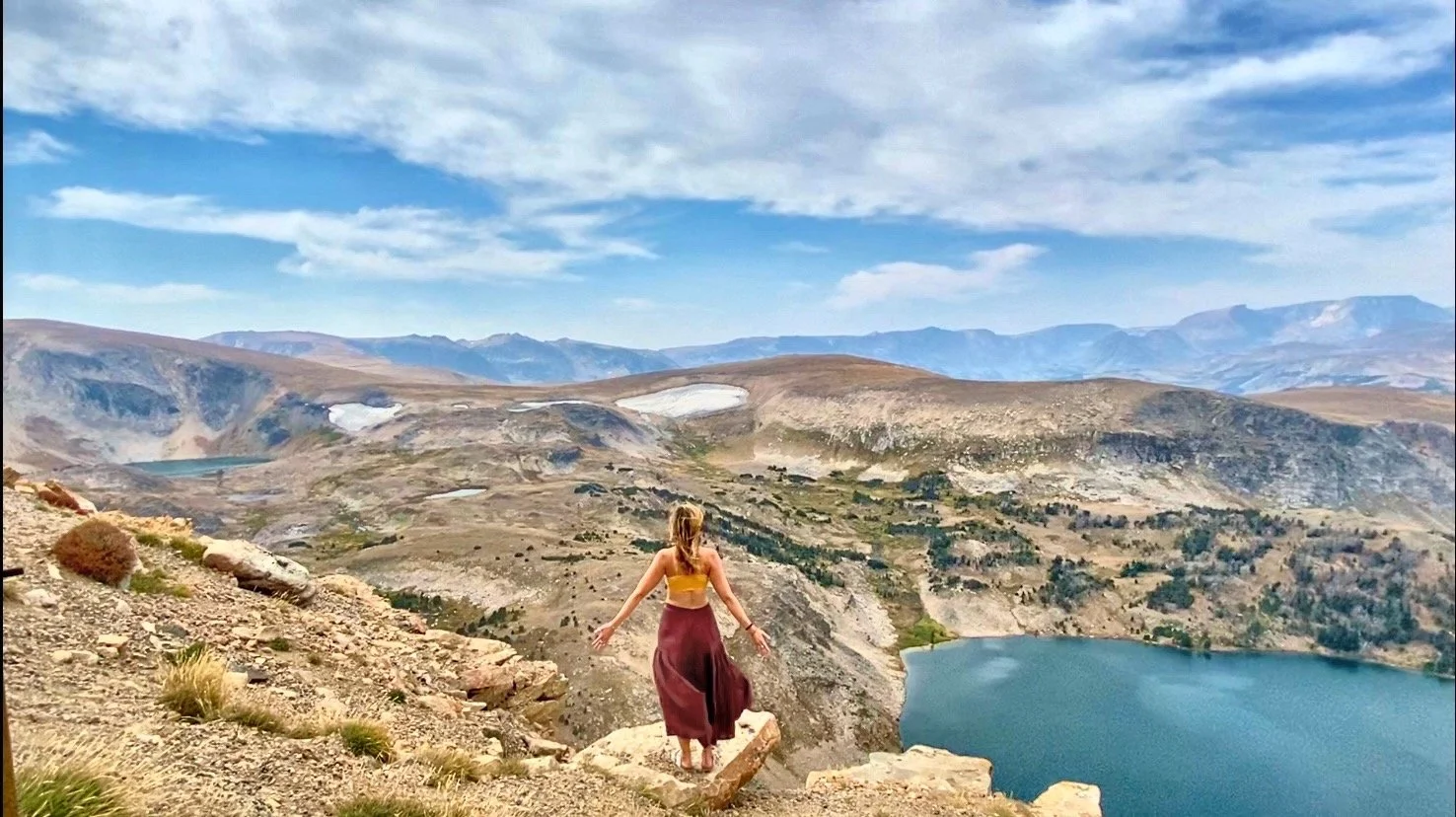Whose job is it to keep you happy?
Being happy is such a loaded question, because happiness comes and goes and that’s totally ok. It’s ok to not be happy all the time. In fact, it’s healthy for you. We need to experience a broad range of emotions or else you will be emotionally stunted. Believe me, I know. Growing up in the Children of God cult I wasn’t allowed to display any emotions except that of happiness, joy, and obedience. I had no idea how to be sad, or how to be angry. It took me years of deprogramming to actually figure out what that meant for me, and how to express it.
But being happy, that’s different. We sometimes put happiness on this pedestal of the ultimate emotion to feel all the time. And yes, it is important. But it’s also a slippery slope, because as humans we seek comfort, we seek happiness, and we often seek these things outside of ourselves around within others or outside circumstances in order for us to feel it This is where it gets dangers.
It’s no one’s job to keep you safe, happy, healthy, successful, loved, calm, nourished, or satisfied. Yes, as a child this was the job of your parents. But if you are still looking for this in others, you have a long ways to go. Mostly like you are dealing with a wounded inner child that has not yet healed from your past traumas and is still looking outward for approval, protection, and love.
In order to provide happiness for yourself and stop seeking it from others, you need to address your wounded inner child, address the trauma and the feelings that keep bringing you back to your inner child seeking outside happiness and approval.
Once you address that, then you must reclaim the lost parts of yourself from your childhood that you discarded along the way. It’s important to bring those pieces back to you, so that you stop projecting onto others, stop seeing everyone else as the problem and expecting others to be responsible for your happiness, and start looking within yourself for your happiness, protection, love and satisfaction.
Only then, will you truly be happy. Only then will you be able to give yourself the things that you were desperately seeking from everyone else. And only then can you move on with your life, unbothered and untethered to other people, other circumstances, and events that had power over you and influenced whether you were happy or not.
When you let that go, you’ll truly be free and you’ll truly be happy. I know because I did it. And you can too.






